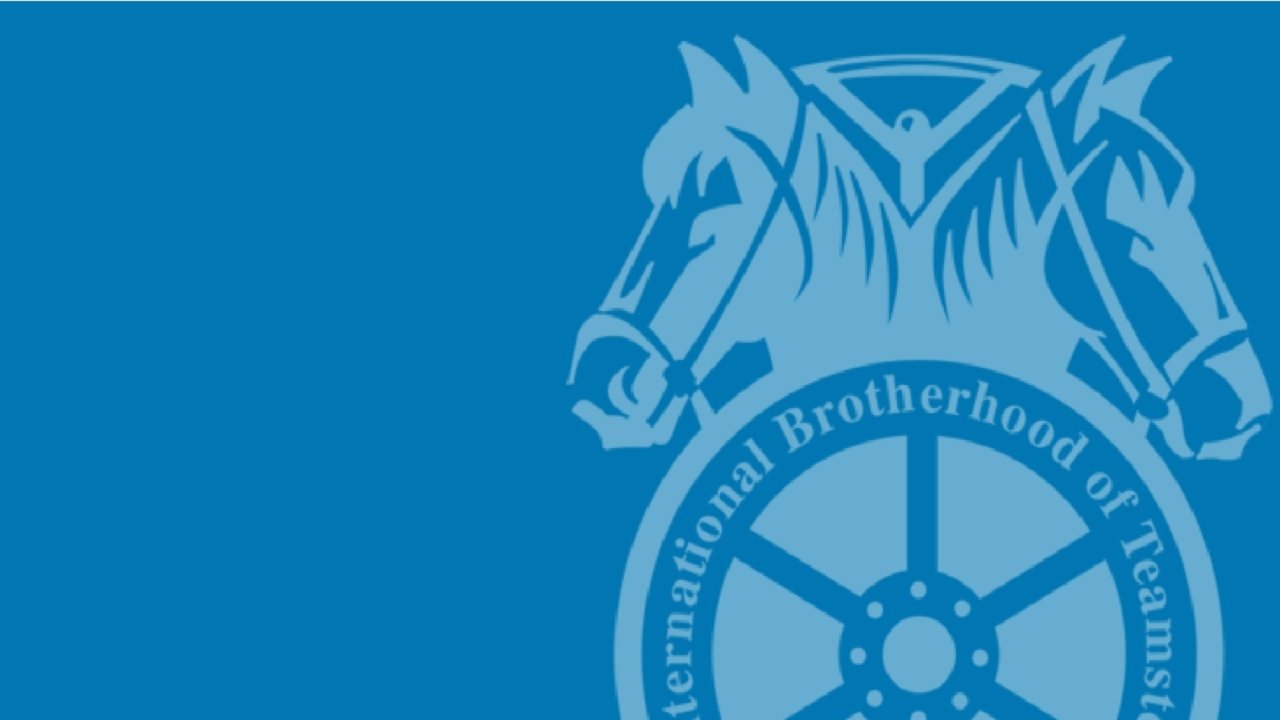
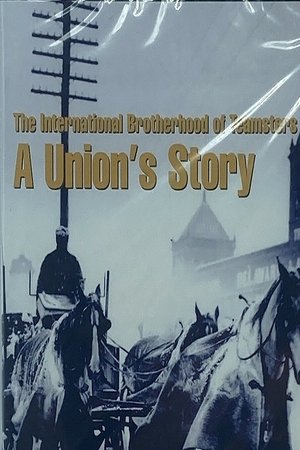
The International Brotherhood of Teamsters; A union's story(NaN)
A Union's story
A Union's Story chronicles the International Brotherhood of Teamsters from its formation in 1903 to its current status as one of the most diverse and powerful unions in the country. The story highlights the Teamsters strong, yet often unrecognized commitment to community service and social justice as well as their ongoing mission to bring dignity and respect to all working families.
Movie: The International Brotherhood of Teamsters; A union's story
Top 1 Billed Cast
Narrator

The International Brotherhood of Teamsters; A union's story
HomePage
Overview
A Union's Story chronicles the International Brotherhood of Teamsters from its formation in 1903 to its current status as one of the most diverse and powerful unions in the country. The story highlights the Teamsters strong, yet often unrecognized commitment to community service and social justice as well as their ongoing mission to bring dignity and respect to all working families.
Release Date
Average
0
Rating:
0.0 startsTagline
A Union's story
Genres
Languages:
Keywords
Similar Movies
 0.0
0.0Fish or Cut Bait(en)
In the 1970's, filmmakers Tom Burger, Bill McKiggan and Chuck Lapp began documenting the history and current struggles of inshore fishermen in Atlantic Canada to form a union. Until 1979 it was illegal for fishermen to form a union in Nova Scotia. The committed funding from the National Film Board was withdrawn for this film, however the filmmakers continued to edit the film by entering the NFB at night. The CBC refused to broadcast the film, but it was finally released in 1990 and broadcast nationally that year on Vision TV.
 9.0
9.0Miners Shot Down(en)
In August 2012, mineworkers in one of South Africa’s biggest platinum mines began a wildcat strike for better wages. Six days later the police used live ammunition to brutally suppress the strike, killing 34 and injuring many more. Using the point of view of the Marikana miners, Miners Shot Down follows the strike from day one, showing the courageous but isolated fight waged by a group of low-paid workers against the combined forces of the mining company Lonmin, the ANC government and their allies in the National Union of Mineworkers.
Puente de la Costa Sur(en)
Puente de la Costa Sur, winner of the San Francisco Foundation 2004 Community Leadership Awards (John R. May Award) - for its creative, grassroots efforts to provide education, social justice advocacy, direct services, and community connections enabling immigrant men in rural San Mateo County to improve their living and working conditions
Arabella Martinez: San Francisco Foundation Community Leadership Awards 2005(en)
Arabella Martinez, winner of the San Francisco Foundation 2005 Community Leadership Awards (The San Francisco Foundation Award), was recognized for her commitment to building culturally relevant services and resources necessary for strong and vibrant communities, and for her outstanding contributions to Oakland’s Fruitvale district and the creation of the Fruitvale Transit Village.
Honorable Ronald V. Dellums: San Francisco Foundation Community Leadership Awards 2005(en)
Honorable Ronald V. Dellums, winner of the San Francisco Foundation 2005 Community Leadership Awards (Robert C. Kirkwood Award) - for his decades of courage, leadership, and vision in championing peace, justice, diversity, and economic equality, both locally and globally, and for his impact in moving the AIDS pandemic and its solutions to the top of the global agenda.
Eva Paterson: San Francisco Foundation Community Leadership Awards 2007(en)
Eva Paterson, winner of the San Francisco Foundation 2007 Community Leadership Awards (The San Francisco Foundation Award). Eva has empowered thousands of people to make their voices heard in the critical civil rights struggles of our times. Eva's passionate and longtime commitment to advancing social and racial justice through law and public policy, communications and the arts, and alliance building has had a profound local and national impact. Her vision, coalition building, and tenacity have not only won landmark cases, but have raised the visibility and impact of the justice movement to change the very fabric of our society.
Elizabeth "Betita" Martinez: San Francisco Foundation Community Leadership Awards 2008(en)
Elizabeth "Betita" Martinez, winner of the San Francisco Foundation 2008 Community Leadership Awards (The San Francisco Foundation Award) - for building unity and alliances across traditional racial and gender lines, and for serving as a selfless and inspirational advocate for oppressed peoples around the world.
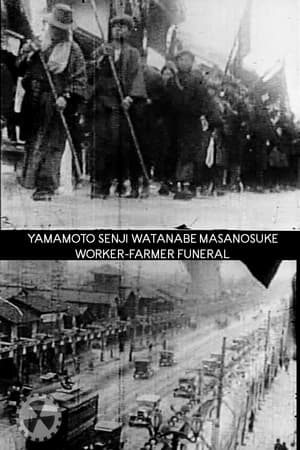 0.0
0.0Yamamoto Senji Watanabe Masanosuke Worker-Farmer Funeral(ja)
After his Tokyo farewell ceremony, Yamamoto's ashes were sent to Kyoto on March 9. Many friends and citizens gathered at his home in Uji. On the 15th a worker-farmer funeral was held at the Sanjo YMCA. Prokino's Kyoto Branch shot these five days of activities. The long line of cars is filled with taxis, whose drivers deeply admired Yamamoto. The Watanabe in the title refers to the head of the Communist Party of Japan. Watanabe was returning to Japan from Taiwan when he was stopped by authorities. He committed suicide in their custody. Yamamoto and Watanabe were mourned together.
 10.0
10.0Seeds of Change(en)
An organic farmer in Maine sets out to transform the prison food system. Seeds of Change captures the intersecting stories of life-long farmer Mark McBrine and several incarcerated men as they harvest their own meals from a five-acre prison garden unlike any other.
 0.0
0.0When We Fight(en)
In the second largest school district in the United States, 98% of teachers vote to authorize a strike. Watch as one of the largest educator strikes in modern U.S. history unfolds in real-time, highlighting the stories and leadership of some of the women who led it, from union leaders to classroom teachers. From strike vote to contract vote, When We Fight goes behind the picket lines, documenting how and why teachers strike. "This powerful and beautifully crafted film is a must watch for anyone interested in the state of labor in America today." - Robert Reich, former Secretary of Labor and Professor of Public Policy, UC Berkeley
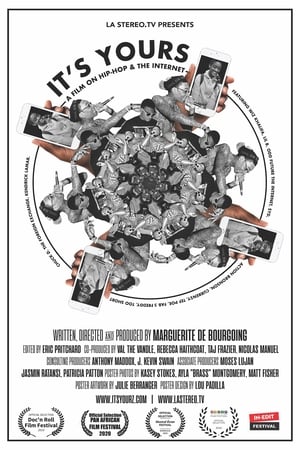 2.0
2.0It's Yours: A Film on Hip-Hop and the Internet(en)
By the dawn of the 21st century, hip-hop sales had reached an all-time high, but one thing has remained the same. The doors were still locked, and the music industry held the keys. Young artists began to self-market on the Internet, ultimately helping to collapse the music industry as we knew it. It’s Yours explores how it became possible to become a rap star through a Twitter account, YouTube site or Myspace page. It tells this story through the unique perspectives of numerous artists, producers, record industry insiders, and music and cultural critics.
 10.0
10.0Diary Of A Disgraced Soldier(en)
In Iraq 2003 Corporal Martin Webster filmed fellow soldiers beating Iraqi youths during rioting in Al Amara. Two years later, a British newspaper obtained his footage. The story that ran led to outrage across the world.
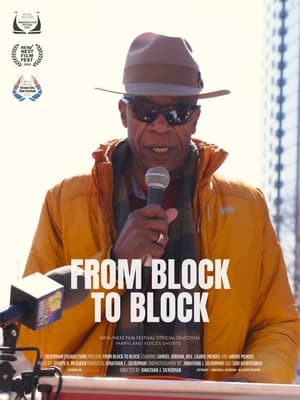 0.0
0.0From Block to Block(en)
A small group of activists take on systemic racism and prejudice in Baltimore's public transportation, battling against the odds to create a brighter future for their community.
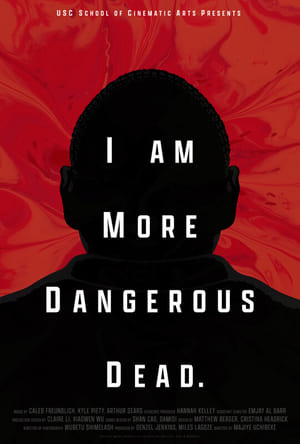 0.0
0.0I Am More Dangerous Dead(en)
A poetic tribute to writer, poet and environmental activist, Ken Saro-Wiwa, who was executed alongside eight other activists for opposing the environmental damage done in their oil-rich homeland, Ogoni.
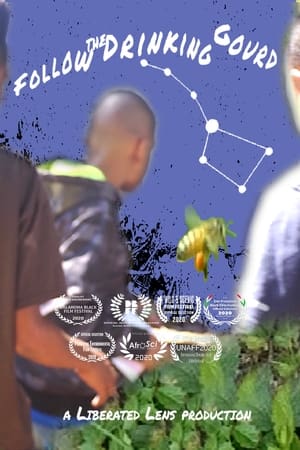 0.0
0.0Follow the Drinking Gourd(en)
FOLLOW THE DRINKING GOURD is a feature documentary about the Black food justice movement. Family-friendly, funny, and moving, this 60-minute film connects the legacy of slavery, land loss, and climate change to our fight for food security.
 10.0
10.0Big Charity: The Death of America's Oldest Hospital(en)
This documentary film includes never-before-seen footage and exclusive interviews to tell the story of Charity Hospital, from its roots to its controversial closing in the wake of Hurricane Katrina. From the firsthand accounts of healthcare providers and hospital employees who withstood the storm inside the hospital, to interviews with key players involved in the closing of Charity and the opening of New Orleans’ newest hospital, “Big Charity” shares the untold, true story around its closure and sheds new light on the sacrifices made for the sake of progress.
Man Versus Man(en)
Man-pulled rickshaw, which have served Kolkata for over eight decades face virtual extinction as a result of legislation introduced by the State Government in 1981. This would rob over 100,000 people of a living. The film analyzes the critical situation, and on the basis of concrete facts and figures, questions whether such a step would be fruitful at all. The image of a man pulling a man is a depressing and a negative one - but not more negative than that of the image of a man going without food.
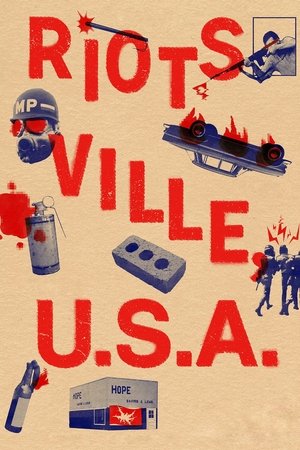 6.2
6.2Riotsville, USA(en)
An archival documentary about the U.S. military’s response to the political and racial injustices of the late 1960s: take a military base, build a mock inner-city set, cast soldiers to play rioters, burn the place down, and film it all.
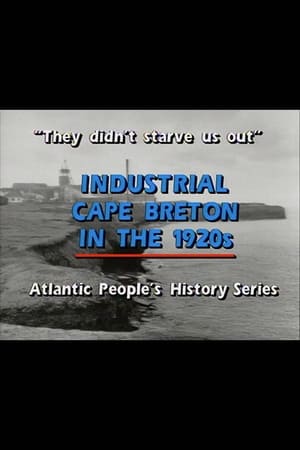 6.0
6.0"They Didn't Starve Us Out": Industrial Cape Breton in the 1920s(en)
For 200 years, coal mining had been a way of life in Cape Breton. By 1920 things were looking up: miners were unionized and paid decent wages. Then the British Empire Steel Corporation arrived and bought every single steel and coal company in Nova Scotia. BESCO cut wages by a third, setting off a bitter labour dispute. The miners settled in for a long strike. Finally, in 1925, the military ended the unrest with brute force. But the miners, in one sense, had won. They broke up the monopoly and provided an example to workers across the country.
